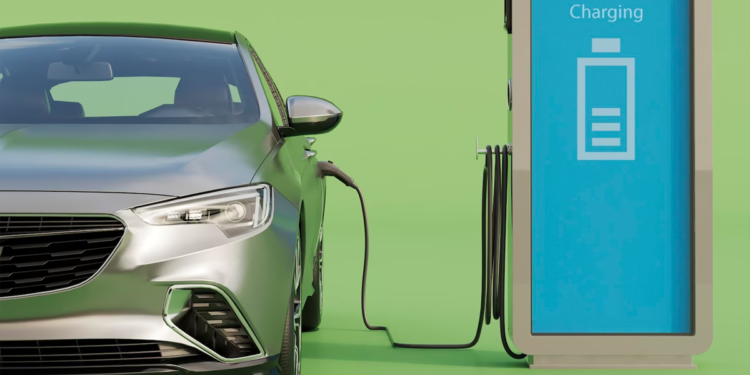Kenya’s electric vehicle (EV) market anticipates significant growth, driven by increasing environmental awareness, supportive government policies and a growing start-up ecosystem. However, challenges such as limited infrastructure and high initial costs continue to hinder general adoption.
Kenya is in the early stage of EV adoption in the country. Despite this, Kenya has a dynamic e-mobility start-up ecosystem in Africa, attracting substantial investments and signalling a readiness for expansion.
The development of EV infrastructure is gaining momentum. Companies like BasiGo have initiated the establishment of charging stations in Nairobi, with plans to expand accessibility. The Energy and Petroleum Regulatory Authority (EPRA) has introduced a special tariff for EV charging, set at KES 16.0 per unit during peak hours and KES 8.0 per unit during off-peak periods, which was effective in April 2023. While these rates aim to incentivize EV usage, the peak hour tariff remains higher than those for other commercial uses, potentially affecting affordability.
The Kenyan government has demonstrated commitment to promoting electric mobility. The excise duty on EV imports is 10.0% regardless of the engine capacity which is significantly lower than the 20.0% of a fuel gas car with an engine capacity of less than 1500 cc. Such fiscal incentives are designed to lower the entry barriers for consumers and stimulate market growth.
Despite the positive trajectory, several obstacles hinder rapid EV adoption. The upfront expense of EVs remains restrictive for many consumers, even with tax reductions. Although efforts are underway to expand charging networks, current facilities are insufficient to support a large-scale transition to electric mobility. Frequent power outages and the relatively high cost of electricity, especially during peak hours, pose significant challenges to the practicality and cost-effectiveness of EVs.
Kenya’s EV market is expected to experience growth trajectory over the years. This optimistic outlook is reinforced by the country’s green energy policies and ongoing infrastructure developments. Kenya’s EV market is on the brink of significant expansion, propelled by supportive policies, increasing environmental consciousness and active participation from start-ups. However, to realize this potential, it is important to address existing challenges by enhancing infrastructure, ensuring electricity reliability and implementing further incentives to make EVs more accessible to the general population.















